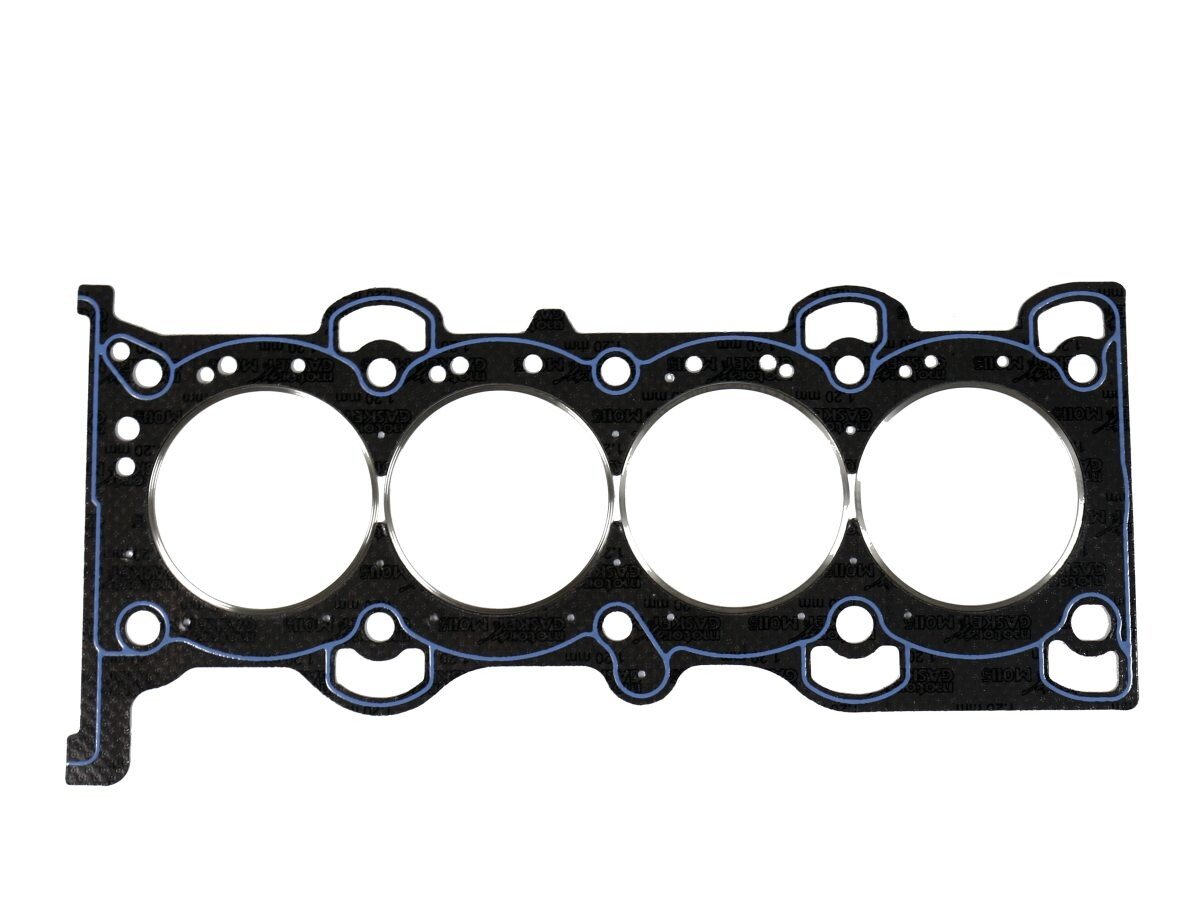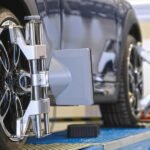

Understanding the Engine Gasket : A Silent Guardian of Combustion
Deep within the heart of your car, where pistons pump and combustion roars, lies a humble yet vital component: the engine gasket. It’s not flashy or powerful, but this thin seal plays a crucial role in keeping your engine running smoothly and efficiently. A gasket is a sealing component placed between two or more engine parts to prevent fluids and gases from escaping or mixing. This metal sandwich holds back combustion pressure, keeps coolant and oil circulating in their dedicated channels, and prevents leaks that could cripple your engine. It serves as a critical barrier that maintains the integrity of various engine components, contributing to the overall efficiency and performance of your vehicle.
Early Days of Innovation:
While gaskets have been around for centuries, their automotive ascent began in the late 19th century. Pioneering carmakers like Daimler and Benz used leather and cork gaskets, but these proved unreliable and prone to failure. The search for a better solution led to the development of asbestos gaskets, offering superior sealing capabilities. However, asbestos’s health risks spurred a shift towards safer materials like copper and composite fibers, which we see in modern engines.
Holding Back the Pressure:
The engine gasket doesn’t operate in a vacuum. It faces immense pressure from combustion gases, reaching upwards of 1,500 psi in some engines. To endure this, the gasket is typically reinforced with steel mesh inserts, creating a robust barrier. Additionally, special coatings and sealants further enhance its resistance to heat, pressure, and chemical interactions.
Common Damages and Identification:
While gaskets are designed to endure harsh conditions, they are not invincible. Over time, exposure to extreme temperatures, pressure fluctuations, and the chemical reactions within the engine can lead to wear and tear. Common causes of gasket damage include overheating, improper torque during installation, and the natural aging process.
Identifying a damaged gasket often involves various symptoms, such as coolant or oil leaks, overheating, white smoke from the exhaust, or a milky appearance in the oil, indicating coolant contamination. Mechanics employ diagnostic tools and visual inspections to identify the specific location and extent of gasket damage.
The Importance of Prompt Repairs:
Ignoring a failing gasket can have dire consequences. Leaky coolant can lead to engine overheating and potentially cracked cylinder heads. Oil leaks can starve vital engine components of lubrication, causing catastrophic damage. Therefore, prompt replacement upon identifying a faulty gasket is crucial to avoid expensive engine repairs.
Remedies to a Damaged Gasket:
Once a damaged gasket is identified, prompt action is essential. Repairing or replacing a gasket involves disassembling the affected components, cleaning surfaces, and installing a new gasket. The use of specialized gasket sealants may also aid in resealing minor leaks. However, in cases of severe damage, replacement is often the recommended course of action.
Long-Term Effects of Ignoring Gasket Damage:
Ignoring a damaged gasket can have severe consequences for the engine and overall vehicle performance. Unattended leaks can lead to coolant and oil mixing, causing engine overheating and potential catastrophic failure. Continued operation with a compromised gasket may result in irreversible damage to the engine, leading to costly repairs or, in extreme cases, necessitating a complete engine replacement.
Preventive Care for Long Life:
Just like your body needs regular checkups, your engine gaskets also benefit from preventive care. Maintaining proper coolant levels, avoiding engine overheating, and using high-quality engine oils and coolants extend the lifespan of your gaskets. Additionally, regular engine inspections by a qualified mechanic can detect potential issues early on, saving you from costly headaches down the road.
In the intricate dance of engine components, the humble gasket plays a vital role in ensuring a harmonious and leak-free operation. Understanding its history, functions, vulnerabilities, and the consequences of neglecting its health is essential for every car owner. By prioritizing preventive maintenance, promptly addressing identified issues, and heeding the warning signs of a compromised gasket, individuals can contribute to the longevity and reliability of their vehicles, ensuring the silent hero beneath the hood continues its crucial role undisturbed.
Add a comment Cancel reply
Categories
- Car Gadgets (17)
- Car News (33)
- Car Reviews (43)
- Car Wars (7)
- Mechanicals (32)
- Uncategorized (2)
Recent Posts
About us

Popular Tags
Related posts


Essential Car Repair Skills Every Driver Should Know

All About Wheel Balancing








